Nearly everyday, the team here at ABM Window Cleaning is asked how we can help our customers to better protect their windows. Windows are a significant investment. Keeping them in great condition for their life is super important to so many property owners. To guarantee ultimate window glass protection, consider these top seven tips: Choose a high-quality glass material. Regular maintenance, including cleaning and inspection, is crucial. Invest in our ABM Window Cleaning Window Protection Treatments, as well as durable window security films to enhance safety and protection against UV rays. Applying anti-shatter treatments adds an extra layer of protection. Weatherproofing your windows can safeguard against adverse climate conditions. Furthermore, protective window shades and blinds can minimize damage risk from sunlight and extreme weather. By further exploring these strategies, you will gain in-depth knowledge on prolonging the longevity and maintaining the integrity of your window glass.
Key Takeaways
- Invest in high-quality glass material from reputable manufacturers for enhanced durability and strength.
- Regularly perform window maintenance, including cleaning and inspecting for damage.
- Ask us to apply our Window Protection Treatments
- Apply security films to windows for increased safety, UV protection, and energy savings.
- Use anti-shatter treatments, like applying specialty films, to reinforce the glass and hold shattered pieces together.
- Weatherproof the window glass and use protective shades and blinds to guard against environmental damage.
Understanding Window Glass Vulnerabilities
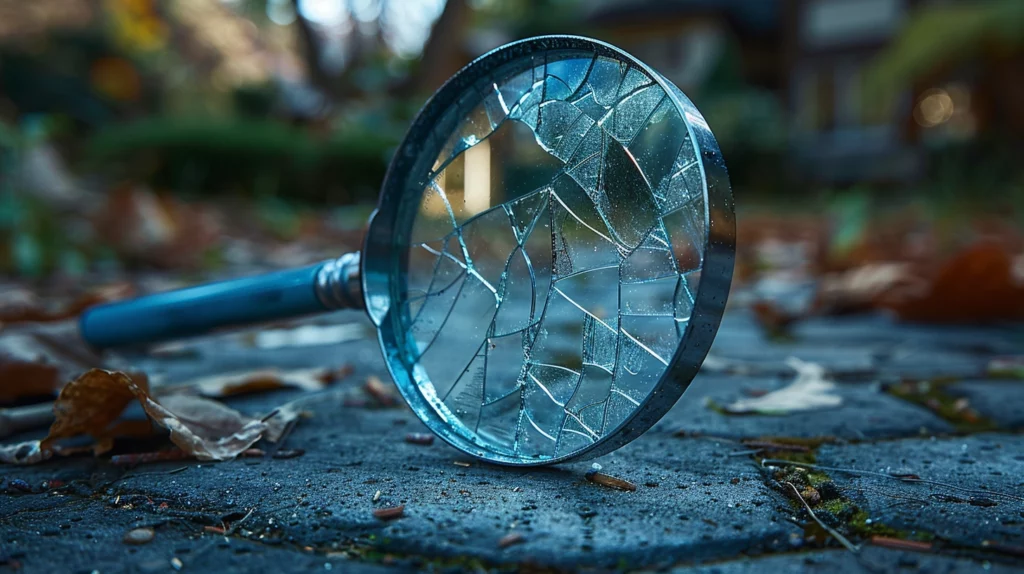
Most homeowners overlook the inherent vulnerabilities of window glass despite its critical role in maintaining the security and aesthetic appeal of their homes. The fragility of this material, its susceptibility to environmental stressors, and the security risks associated with it are often underestimated and not adequately addressed in residential settings.
The fragile nature of glass is its most apparent vulnerability. A strong impact, whether from a stray baseball or a burglar’s attempt, can easily shatter it, exposing the home to external threats. Additionally, glass is often the weakest point in a home’s security system, providing an easy entry for intruders.
Glass is also highly susceptible to environmental stressors. Exposure to extreme temperature fluctuations can lead to stress fractures in the glass, compromising its structural integrity. Similarly, prolonged exposure to harsh sunlight can cause discoloration, reducing its aesthetic appeal and potential energy efficiency benefits.
Moreover, the vulnerability of glass extends to privacy concerns. Without the correct type of glass or additional treatments, windows can offer unobstructed views into a home, making it susceptible to prying eyes.
Understanding these inherent vulnerabilities is the first step toward adequate window glass protection. Homeowners should be aware of these risks and actively seek solutions to mitigate them. This knowledge serves as a foundation for maintaining homes’ security, privacy, and aesthetic appeal, providing a sense of liberation from worry about potential threats.
In the next section, we will explore choosing high-quality glass material as a critical factor in enhancing window protection.
Choosing High-Quality Glass Material
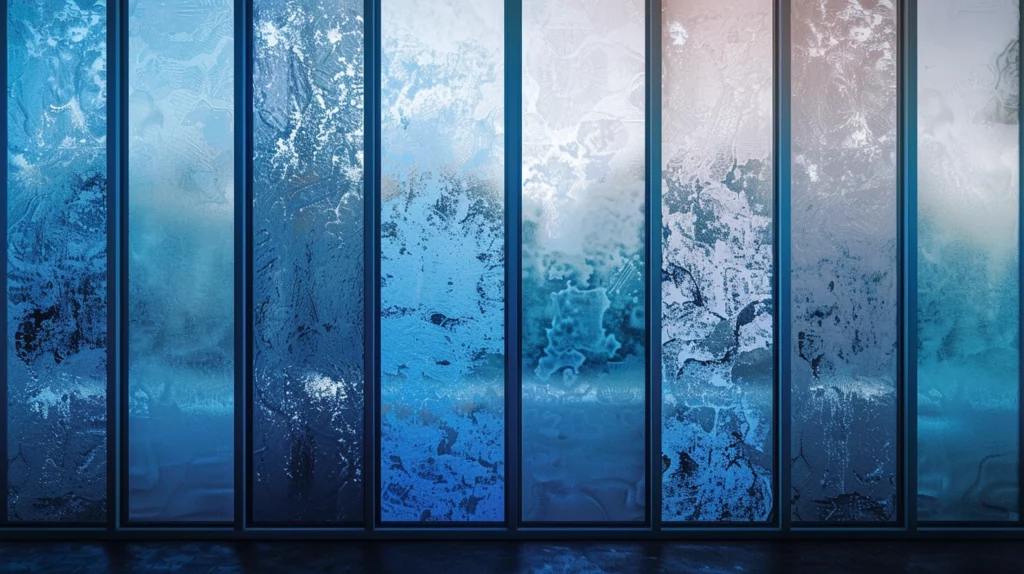
Given the vulnerabilities associated with window glass, one fundamental method to enhance its protection is opting for high-quality glass material. This choice will provide increased durability and better functionality and aesthetics. High-quality glass materials also contribute to the overall security, energy efficiency, and value of your home or office.
To guide you in your selection process, here are key factors to keep in mind:
- Type of Glass: Numerous types of glass are available in the market, each offering unique benefits. Laminated glass, for instance, is known for its safety features. In contrast, low-E glass can reduce energy consumption by effectively blocking UV rays.
- Thickness: The thickness of the glass can significantly impact its durability and strength, making it an essential factor to consider. Thicker glass tends to be more impact-resistant, which can deter break-ins.
- Manufacturer: Opt for manufacturers with a solid reputation in producing high-quality glass. Research their track record and customer reviews to ensure you invest in the best.
- Certification: Check if the glass material has met industry standards and holds the necessary certifications, proving its quality and reliability.
- Cost: While high-quality glass may come with a higher price tag, it can be a cost-effective investment in the long run due to its durability and energy-saving properties.
Choosing high-quality glass material for your windows can greatly enhance their protection. It’s a step towards safeguarding your property while improving its aesthetics and functionality.
Regular Window Glass Maintenance
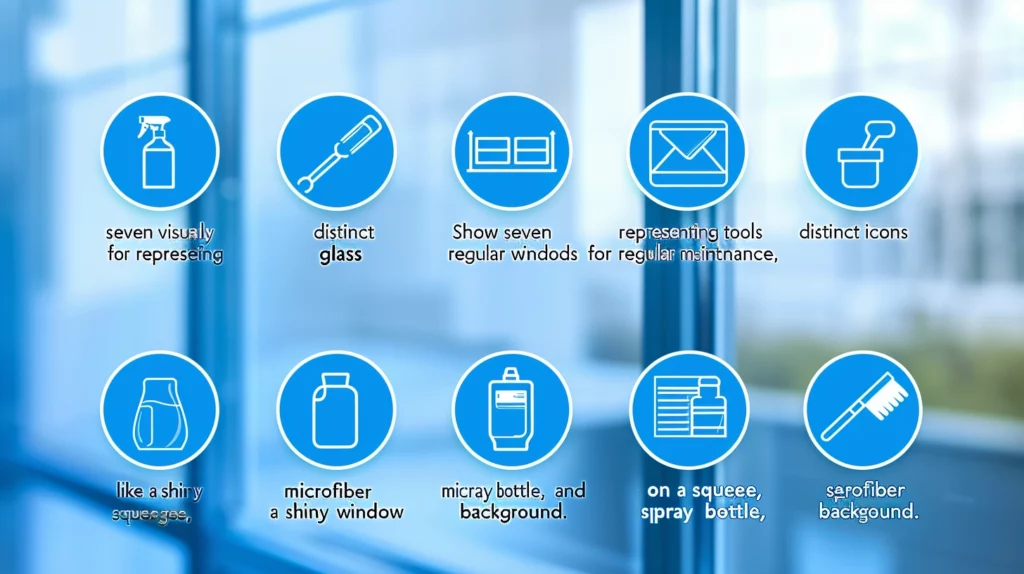
Maintaining the integrity and clarity of window glass is a vital aspect of overall window care. Including regular cleaning methods that guarantee the glass is kept free from dust, dirt, and smudges. We should note here the importance of preventive maintenance measures that can be employed to prolong the lifespan of the glass and prevent damage or degradation over time.
Routine Cleaning Methods
Regularly maintaining your window glass through effective routine cleaning methods is critical to preserve its transparency and extend its lifespan. These cleaning methods are simple yet efficient in keeping the aesthetic and functional aspects of your window glass:
- Use a microfiber cloth for cleaning: It prevents scratches and provides a thorough wipe.
- Employ a squeegee: This tool offers a streak-free shine.
- Utilize a mild detergent: It aids in effectively removing dirt and grime.
- Avoid direct sunlight while cleaning: This prevents premature drying, which leads to streaks.
- Regularly check for scratches and chips: Timely identification can prevent further damage.
Preventive Maintenance Measures
Implementing preventive maintenance measures can significantly enhance your window glass’s longevity and aesthetic appeal. This involves regular inspections for minor damages or deformities such as cracks, chips, or leaks. Early detection allows for timely repairs, thereby preventing further deterioration. Confirming that the window frames are intact and appropriately sealed is also essential. Weatherstripping, for example, is an effective strategy to prevent air and water leakage, which can cause substantial damage over time.
Additionally, protective window films can be applied to guard against harmful UV rays, reducing fading of interior furnishings. Regular cleaning, using appropriate cleaning agents and techniques, also contributes significantly to maintaining the pristine condition of your window glass. These measures, while simple, can lead to substantial long-term benefits.
Investing in Window Security Films
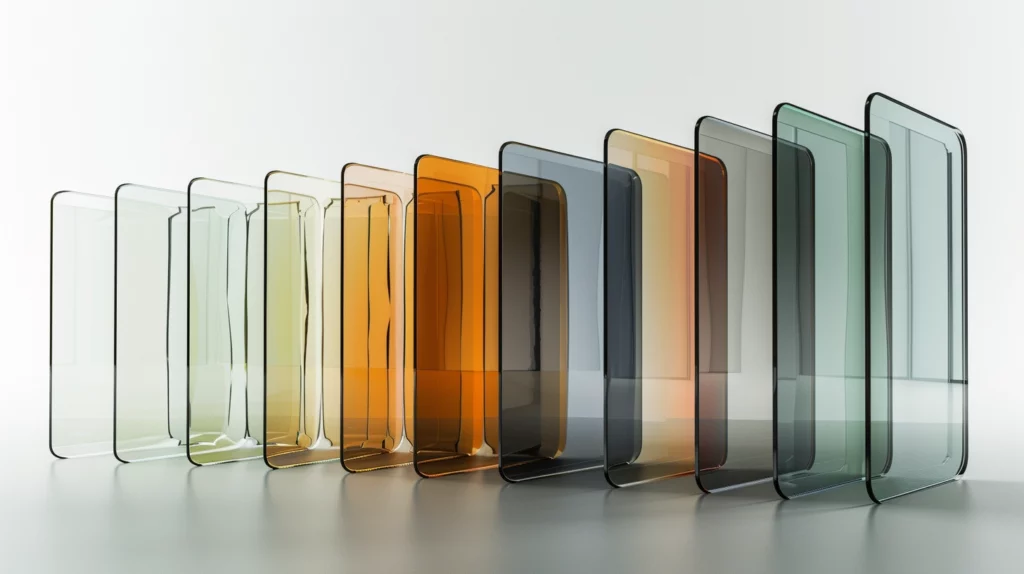
Investing in window security films is a critical step toward enhancing the protective features of your glass windows. The following sections will discuss the numerous benefits of security films, guide you through the installation process, and provide practical tips on maintaining your security film. This cost-effective safety solution offers many advantages, ranging from burglary deterrence to UV protection, making it a valuable consideration for homeowners and businesses.
Benefits of Security Films
With an impressive array of advantages, security films for windows present an intelligent investment for residential and commercial property owners. These films offer benefits that extend beyond essential window protection.
- Increased Safety: Security films add an extra layer of protection, making windows more resistant to break-ins, vandalism, and accidents.
- UV Protection: These films can block up to 99% of harmful UV rays, protecting your skin and reducing the fading of furnishings.
- Energy Savings: By regulating indoor temperatures, security films can help reduce energy costs.
- Enhanced Privacy: They provide a shield that increases privacy without sacrificing natural light.
- Aesthetic Appeal: Available in various tints and finishes, security films can also enhance the aesthetic appeal of your property.
Investing in security films is a practical step towards enhancing safety and privacy while fostering energy efficiency and visual appeal.
Installation Process Explained
Understanding the installation process of window security films is crucial to guarantee this protective feature’s top performance and longevity. The process begins with thoroughly cleaning the window to eliminate dust or debris. This assures a smooth and clear surface for the film to adhere to. The film is then carefully measured and cut to fit the window perfectly. Avoiding any creases or bubbles during application is vital, as these can impact the film’s effectiveness. After the film is in place, it’s gently heated to establish a firm bond with the glass. This procedure requires professional expertise to apply the film correctly and efficiently, providing the best possible protection for your windows.
Maintaining Your Security Film
Once your window security film has been expertly installed, it’s important to consider the necessary steps to maintain its effectiveness and prolong its lifespan. Here are some helpful tips:
- Regularly inspect the film for signs of wear and tear, such as peeling edges or cloudiness.
- Clean the film using a gentle, non-abrasive solution and a soft cloth to avoid scratching or damaging the surface.
- Avoid using sharp objects or harsh chemicals on the film to prevent irreversible damage.
- Make sure to address any issues promptly. If you notice a problem, contact your installer for advice or repair.
- Finally, consider having your film professionally cleaned and inspected at least once a year.
Proper maintenance guarantees the longevity of your investment, providing constant, unwavering protection.
Application of Anti-Shatter Treatments

Implementing anti-shatter treatments for window glass protection involves a vital process that guarantees the glass becomes highly resistant to breakage. This process is an essential part of window glass protection strategy, ensuring that your windows can withstand high-impact forces, such as those caused by storms, accidental hits, or even deliberate attempts of break-ins.
Anti-shatter treatments for window glass protection usually involve the application of a specialty film or laminate. These films are typically made from clear, heavy-duty polyester compound, which, when applied, forms a protective layer on the glass surface. This layer reinforces the glass and holds shattered pieces together in the event of breakage, mitigating the risk of injury from flying glass fragments.
Application of the anti-shatter treatment is a task that requires expertise and precision. The glass surface must be thoroughly cleaned to remove dust or grime. The film is then carefully applied, ensuring no air bubbles or wrinkles, which could compromise the film’s effectiveness. The right tools, like a squeegee or a smoothing tool, are vital for this process. Once installed, the film must cure, typically between 30 to 90 days. The film bonds with the glass during this period, creating a more robust, safer window.
Weatherproofing Your Window Glass
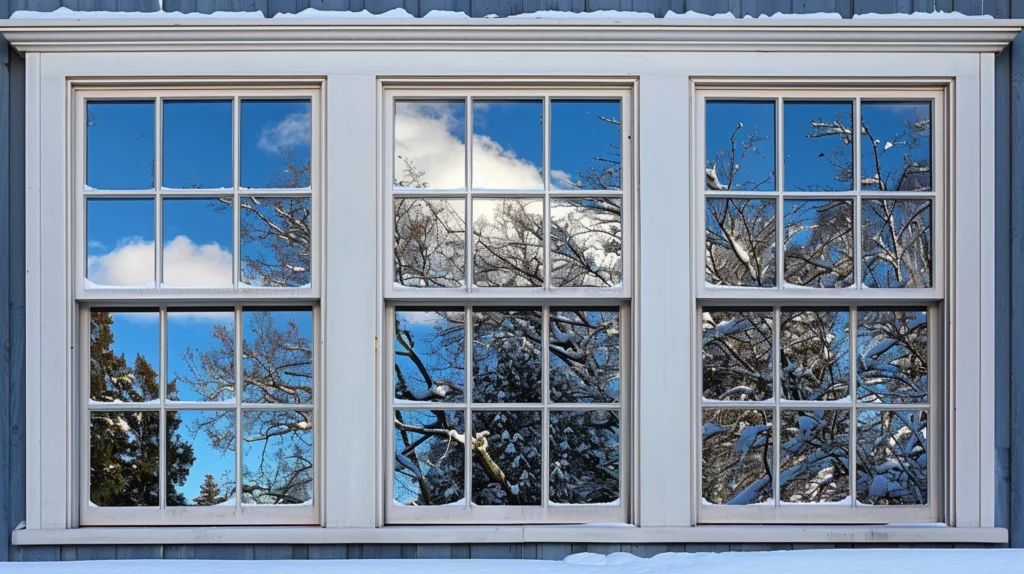
In window glass protection, weatherproofing is essential in strengthening your windows against the adverse effects of severe weather conditions and temperature fluctuations. It is a vital step in maintaining the integrity and durability of your windows, effectively enhancing their lifespan and performance.
To properly weatherproof your window glass, specific steps must be taken. These steps are as follows:
- Apply a high-quality weatherproofing sealant to the window frame. This will create a barrier that prevents air leaks, dampness, and water penetration.
- Install weatherstripping around the window frame. Weatherstripping helps seal the gaps between the window and the frame, preventing drafts and heat loss.
- Use storm windows during severe weather conditions. These are supplementary windows that provide an additional layer of protection against harsh weather elements.
- Regularly check for and repair any cracks or damage to your windows. Even minor damage can compromise the effectiveness of your weatherproofing efforts.
- Consider double-glazing your windows. Double glazing involves adding a second layer of glass to your window. This not only improves insulation but also provides added protection against breakage.
Utilizing Protective Window Shades and Blinds
Beyond weatherproofing, another effective strategy for safeguarding your window glass involves using protective window shades and blinds. These add aesthetic value to your property and significantly reduce the risk of damage from harsh weather conditions and harmful ultraviolet radiation.
Window shades and blinds are available in various types, each offering a unique set of protective features. Solar shades, for instance, are designed to block out a considerable amount of sunlight, decreasing the heat gain inside your home and protecting your window glass from unnecessary thermal stress. On the other hand, roller shades offer a simple yet efficient solution for safeguarding your windows against the impact of heavy winds, rain, and hail.
Another excellent option is the use of Venetian blinds. Their adjustable slats offer high control over light and heat entry, providing adequate protection for your window glass while ensuring ideal indoor comfort. Additionally, these blinds contribute to energy efficiency by reducing the need for artificial lighting and air conditioning.When selecting window shades or blinds, it’s essential to consider your property’s specific needs. Opt for shades with a high UV protection factor for areas exposed to intense sunlight. If strong winds are a common concern, consider sturdy and wind-resistant blinds.
